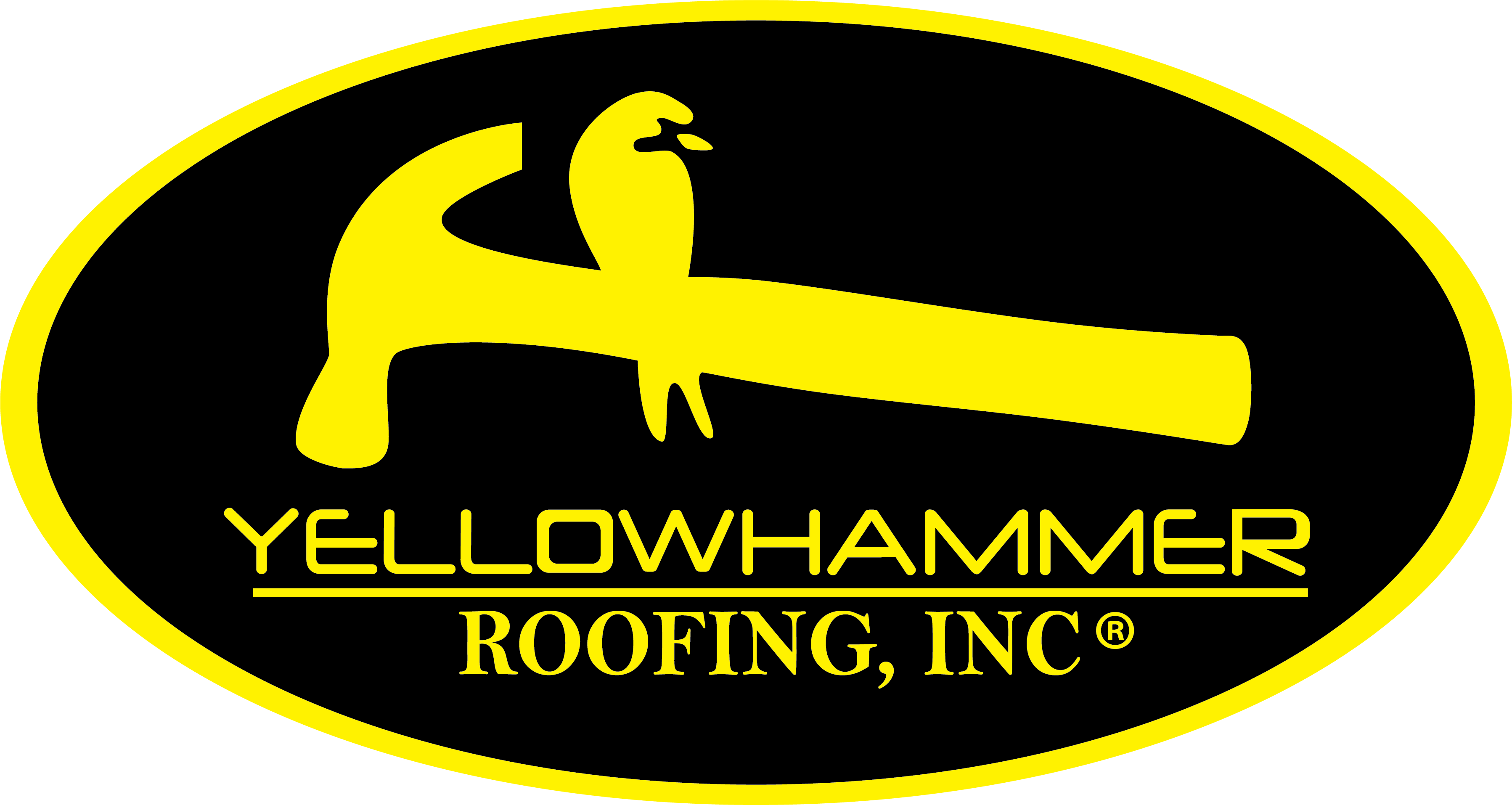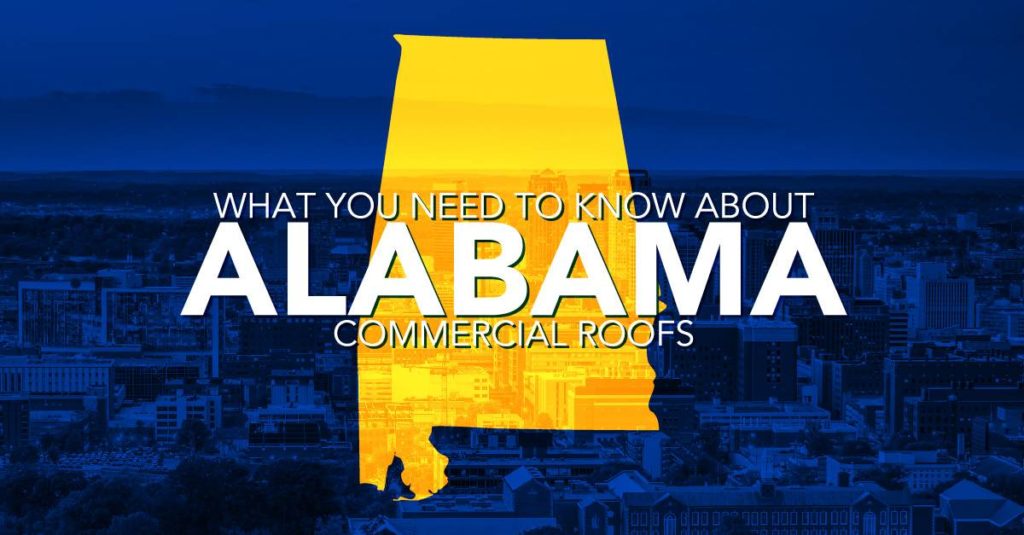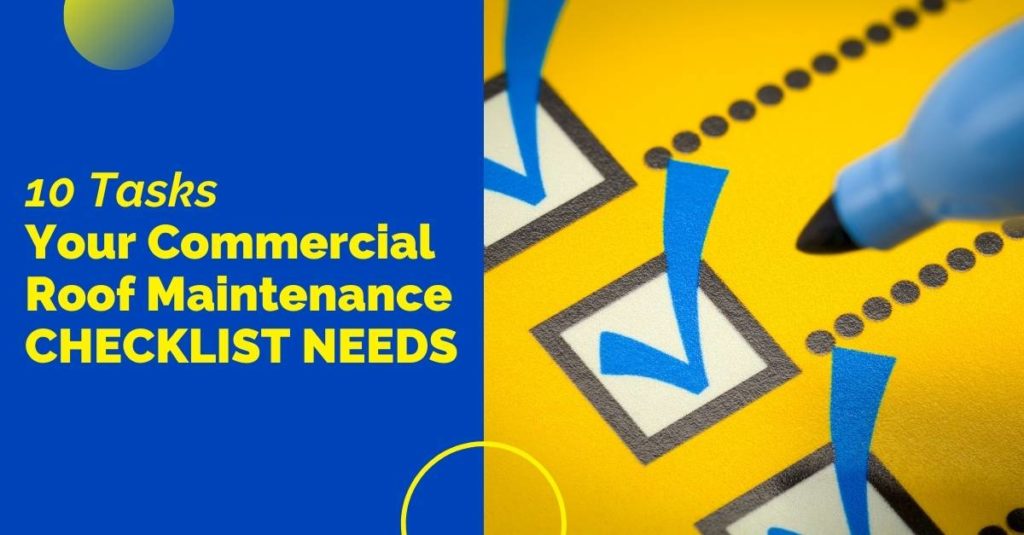Alabama’s last significant snowfall was “The Storm of the Century” in 1993. Most Alabamans do not fear major flurries. No, Alabama’s climate mostly revolves around hurricanes, humidity, and water. Lots and lots of water. With the planet’s climate changing and becoming warmer and wetter, all that water affects your commercial property’s roof.
Water
Huntsville typically receives 54.33 inches of rain, according to U.S. Climate Data. If that water lands on your company’s low-slope roof and the roof has depressions, clogged internal drains, or faulty scuppers, you are risking serious water infiltration.
Add to the rainfall the regular sweep of hurricanes from the Gulf and you have water with wind. A failing seam is ripped open by high winds. Water pours into the insulation and roof deck. As it gets further into your building, you risk much more than a mere roof:
- Inventory
- Equipment
- Employees’ health
- Customers
While ice and snow may not be much of an Alabama issue, water works patiently and insidiously to destroy low-slope roofs.
Heat
Huntsville’s annual average temperature is a balmy 61.95° F., says U.S. Climate Data. With the low latitude and so much warm weather, Huntsville’s heat takes a toll on commercial roofs. Unless you invest in heat-reflecting waterproof coatings or cool roofing, your building’s dark roof absorbs tremendous amounts of heat.
Heat accelerates normal decay rates of the volatile chemicals in roofing. This is true of PVC, EPDM, modified bitumen and all the solvents and seam sealers used to hold your roof together. Heat causes those components to fail.
Humidity
Though the South may be sunny, it is also humid. Humidity increases cooling costs for your commercial building. The daily average relative humidity in Huntsville is 70 percent, says Current Results. Most interior spaces are treated to lower humidity to a range between 40 and 50 percent.
Humidity reduces rooftop insulation’s ability to insulate. Humidity causes rooftop ponding to linger, since the atmosphere cannot absorb all the evaporating water. Commercial roofs and your energy bills suffer when the humidity is high.
Plan for Our Place on the Planet
Alabama is a great place to live and work, provided you plan for the reality of changing climate, high humidity, and regular hurricanes. If you currently have annual inspections, step up to semiannual roof inspections. Partner with your local, reliable commercial roofer to preserve your commercial roof. Contact us at Yellowhammer Roofing today!






